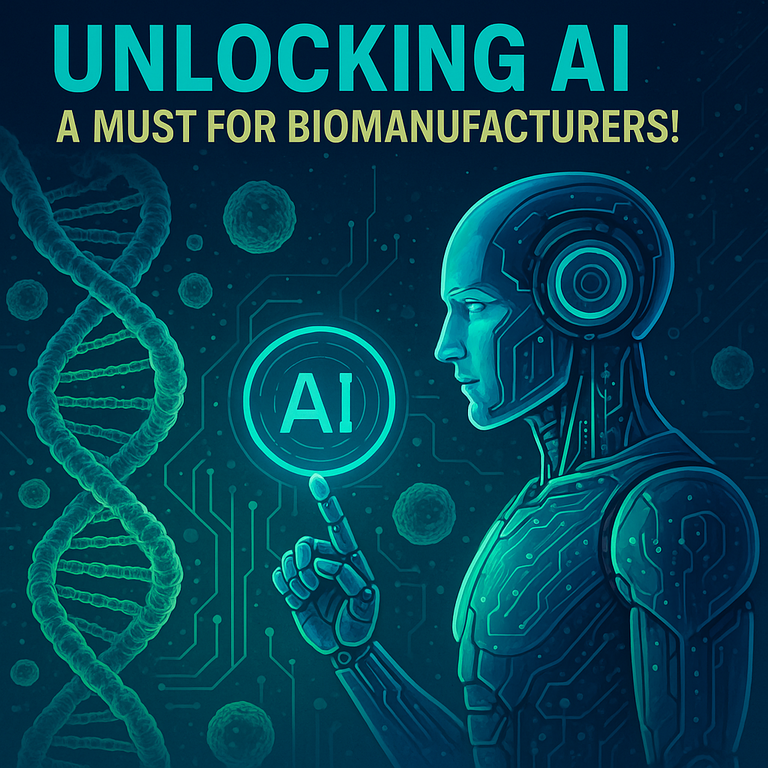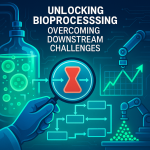Introduction:
The integration of artificial intelligence (AI) into biomanufacturing represents a pivotal shift for companies in the industry, which are encouraged to develop a comprehensive understanding of AI to leverage its potential successfully. This perspective was highlighted during a recent expert panel at the 17th Annual Bioprocessing Summit.
- Biomanufacturers are increasingly recognizing the necessity of digital transformation and AI adoption to remain competitive.
- The readiness for digital integration varies among companies, with some having made significant investments while others still rely on traditional methods.
- There is widespread “magic thinking” about what AI can achieve, necessitating better education about its actual capabilities and limitations.
- Concerns regarding “AI washing” highlight the misuse of terminologies like deep learning, especially in fields with limited data sets like bioprocessing.
- Despite potential risks, the application of AI could lead to improved efficiency and innovation within the biomanufacturing sector, paving the way for smart factories with enhanced oversight.
Conclusion:
In summary, as biomanufacturers navigate the complexities of AI integration, it is essential to cultivate a realistic understanding of its capabilities and limitations. Education and critical assessment are vital to avoid pitfalls and maximize the technology’s benefits, enabling industry professionals to focus on innovative and strategic tasks while ensuring patient safety. The future of biomanufacturing may well hinge on how effectively these companies adapt to the digital landscape and embrace intelligent solutions.



